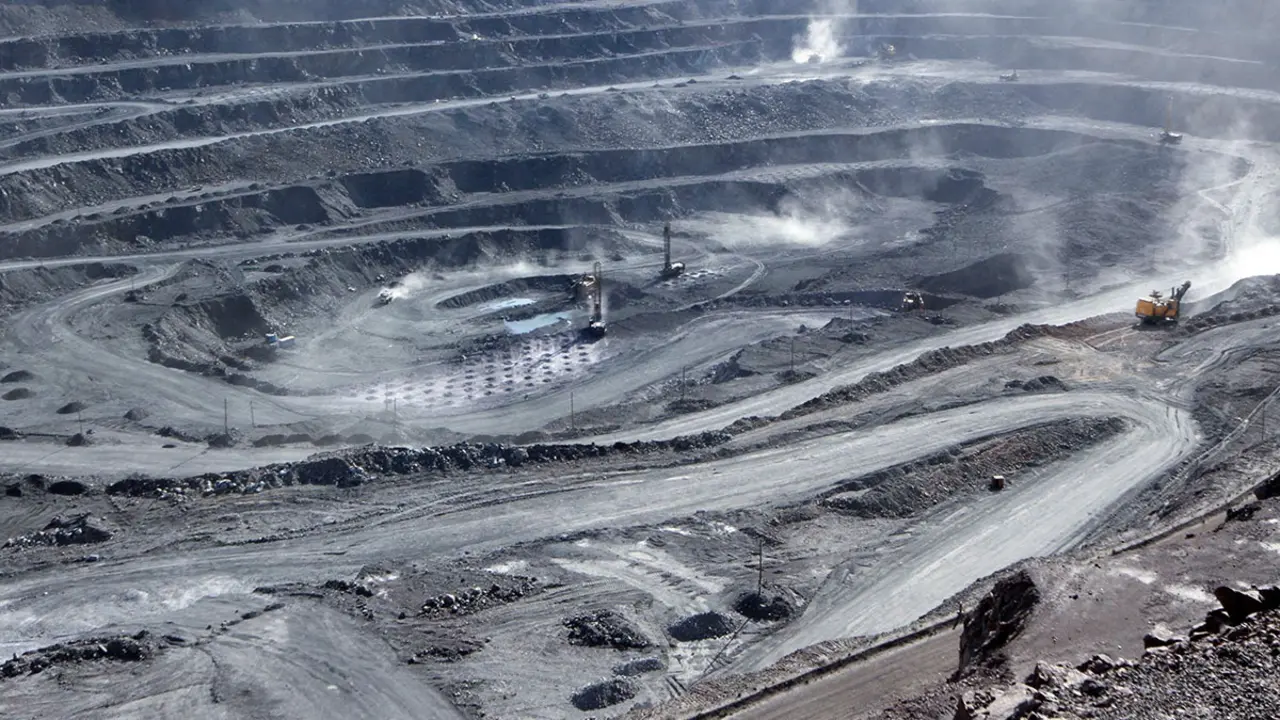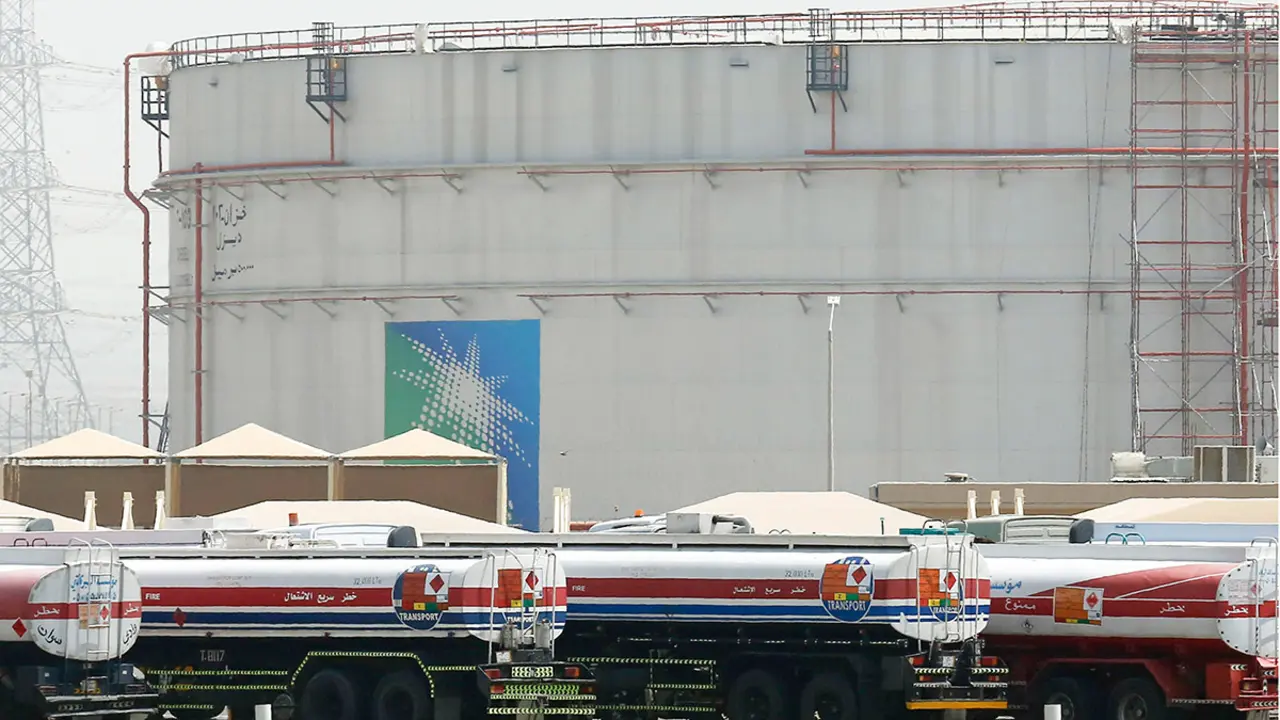Marruecos: mejorar el crecimiento económico para aliviar las presiones inflacionarias en 2023
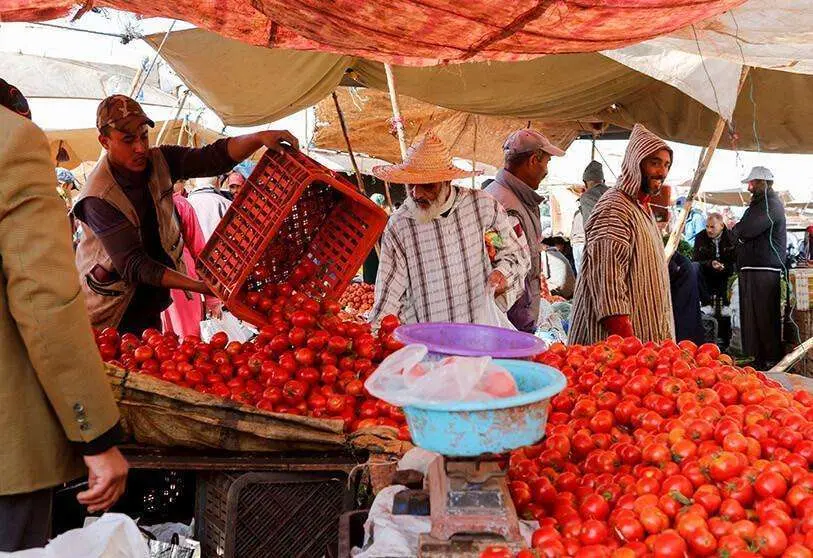
The prices of commodities imported by Morocco are rising, which could negatively affect the economy. If the North African country wants to ease inflationary pressures by 2023, it will need to improve economic growth by increasing investment, output and incomes, and reducing the fiscal deficit.
Allianz Trade's latest report forecasts that Morocco will achieve economic growth of +3% in 2023, a robust rate that will be achieved thanks to improved foreign direct investment and domestic investment. In addition, the report highlights that the structural reforms at the fiscal and monetary level adopted by the government have contributed to the stabilisation of food prices and the reduction of inflation. This, together with the increase in national income and the reduction of poverty, is expected to contribute to improving the quality of life of Moroccans.
The report entitled "Economic growth within reach, with risks tilted to the downside'' highlights that the economic growth achieved in the last year has been sustained, although there are some signs of slowdown. In the past year, the Moroccan economy has expanded at an annual rate of 3.3%, compared to 2% in 2022. In addition, gross domestic product (GDP) per capita increased by 6.2 per cent, a figure that is expected to be maintained in the coming year.
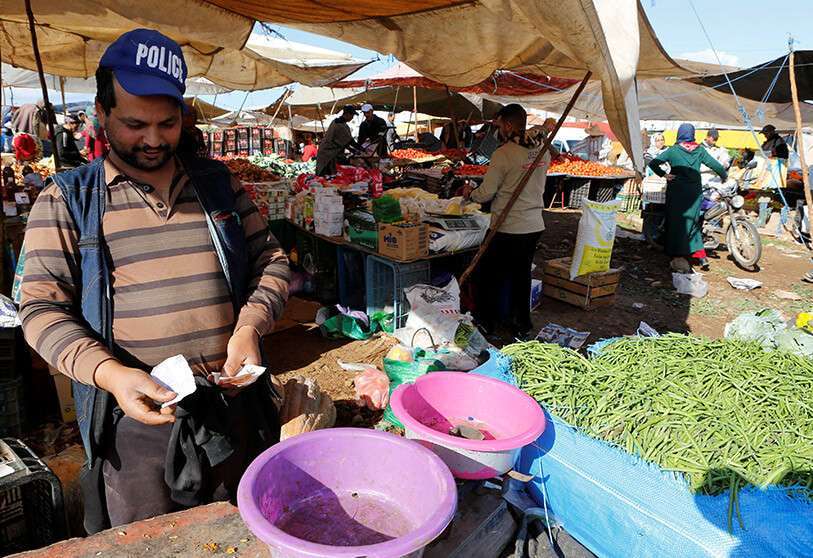
The report highlights that increased rainfall in recent months has allowed the country's water resources to recover, doubling previous levels. This is positive for the country, but care must be taken with regard to the effects of drought, which can affect the economy and the well-being of the population. This means that water resources management must be strengthened to secure Morocco's future.
The US credit rating agency S&P Global Ratings notes that agriculture accounts for a significant share of Morocco's GDP and employment, making the Moroccan economy particularly vulnerable to the effects of climate and rainfall patterns. However, there are other risks, such as the widening gap between urban and rural living standards, and rising diplomatic tensions with neighbouring countries and the EU. These factors make the Moroccan economy vulnerable to external volatility that can affect its finances, stability and growth.
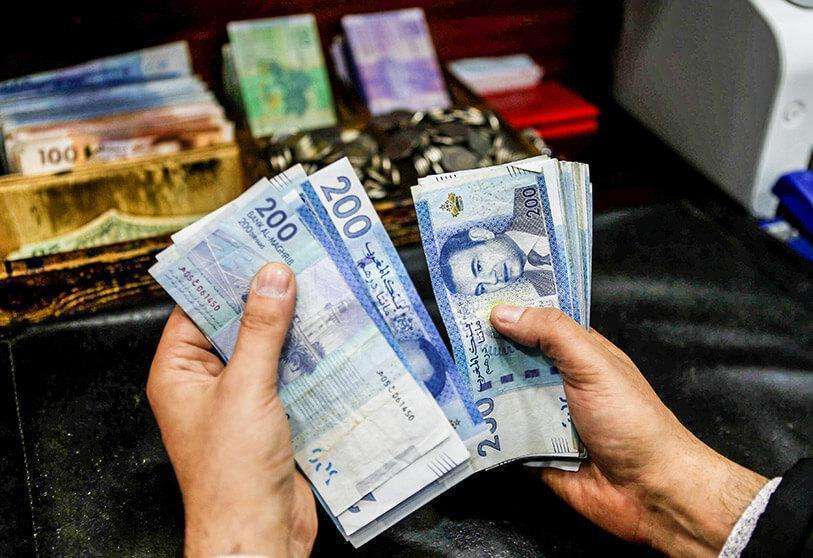
The Moroccan economy is heavily dependent on energy imports such as oil and gas. However, the report highlights that Morocco has one of the most diverse economies in North Africa, with ongoing efforts to reduce import dependence and consolidate its fiscal profile. This has led to an increase in exports in the automotive, textile and agri-food sectors, rising 33%, 21% and 16% year-on-year, respectively.
The Allianz Trade Report examines the situation of Morocco, its economy and its foreign trade. It notes that, despite Morocco's efforts to increase its local production, imports of consumer goods still account for a significant share of the economy, as well as identifying some factors that explain Morocco's high level of dependence on imports. These include a low-productivity industry, poor infrastructure and a lack of technical and administrative capacities.
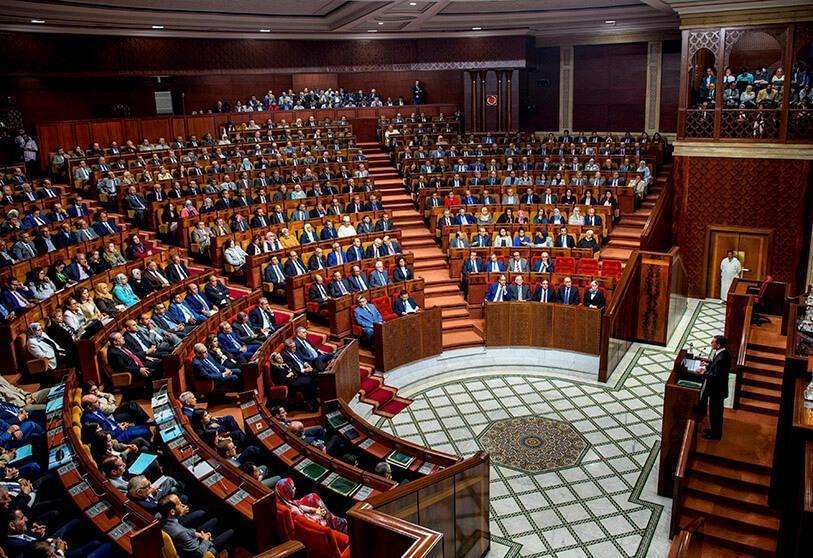
King Mohammed VI has urged his country to achieve greater sovereignty and reduce its dependence on imports. This is due to the repercussions of global market disruptions. The monarch proposed the promotion of local production in a competitive manner as a solution to this situation. This initiative was presented during the first edition of the "National Industry Day", with the aim of improving economic resilience, increasing competitiveness and positioning Morocco in promising sectors. The report also urges Moroccans to seize trade opportunities with their neighbours to take advantage of market liberalisation.





